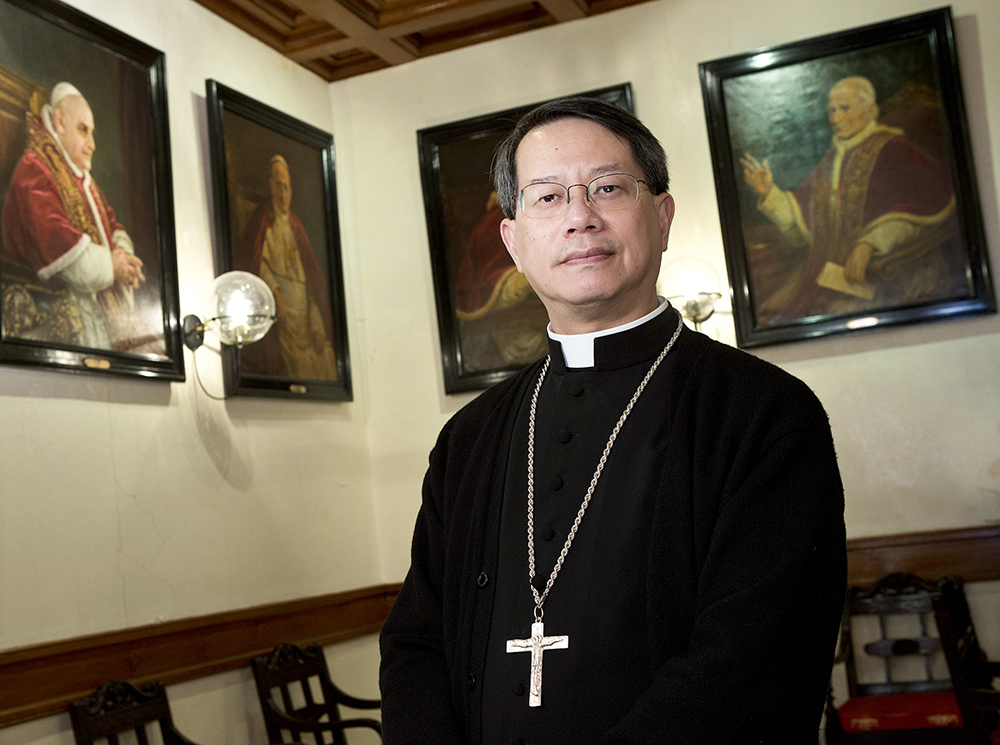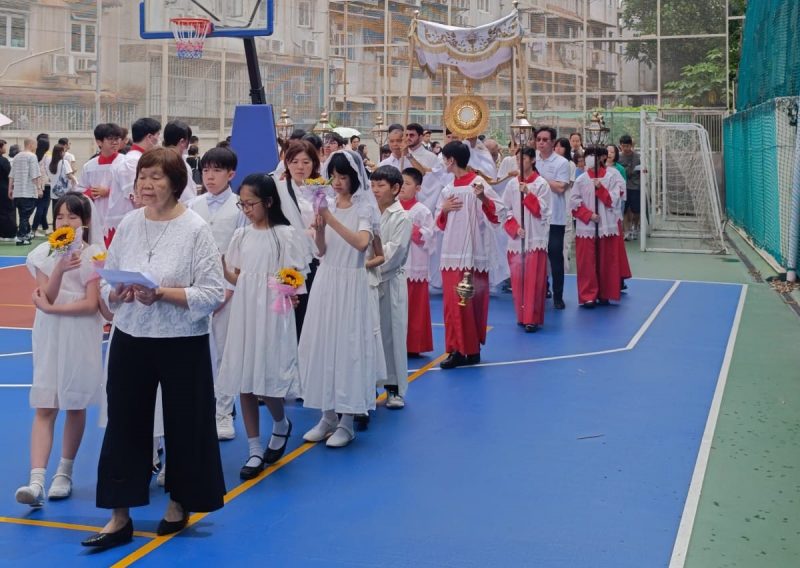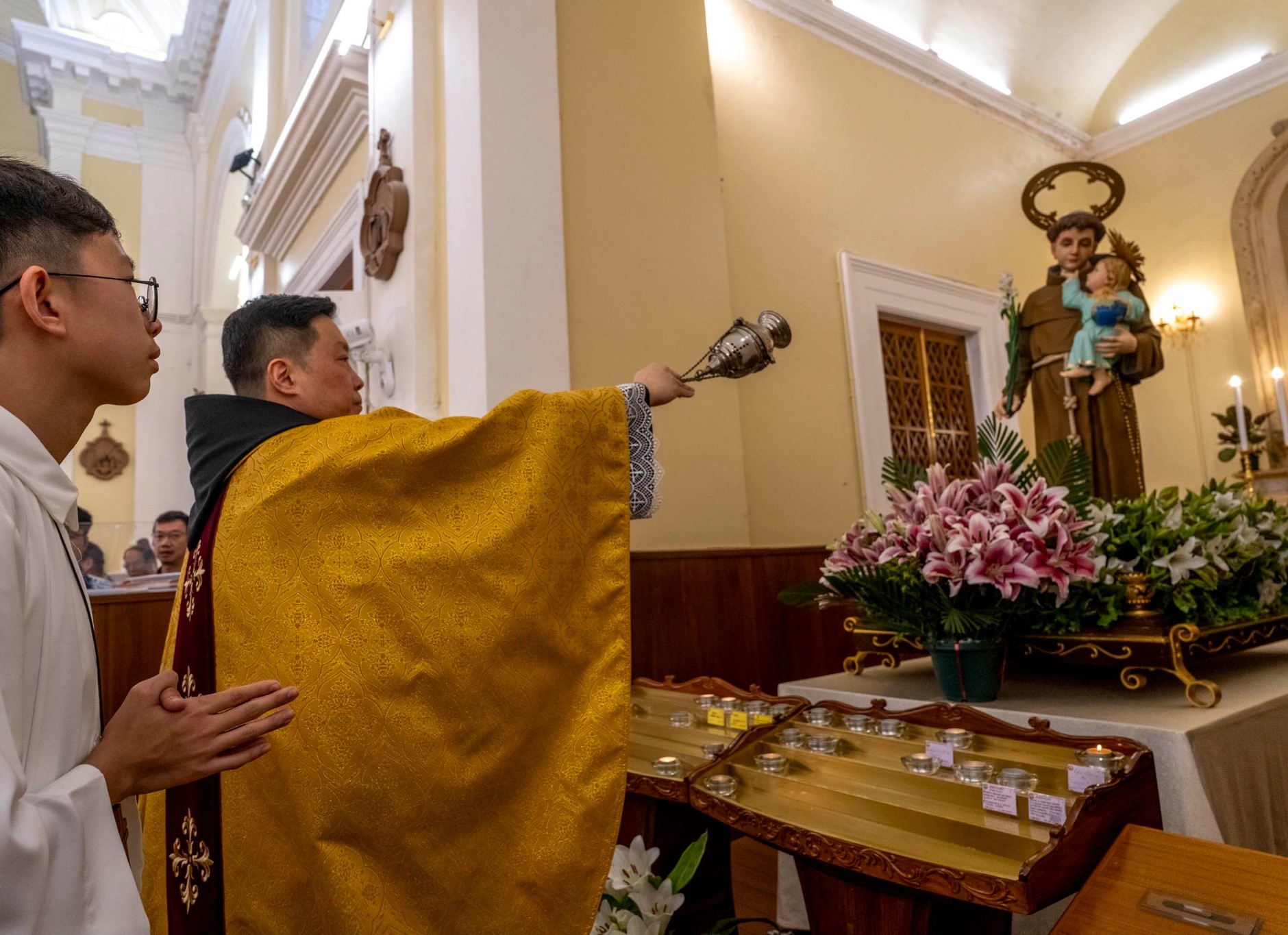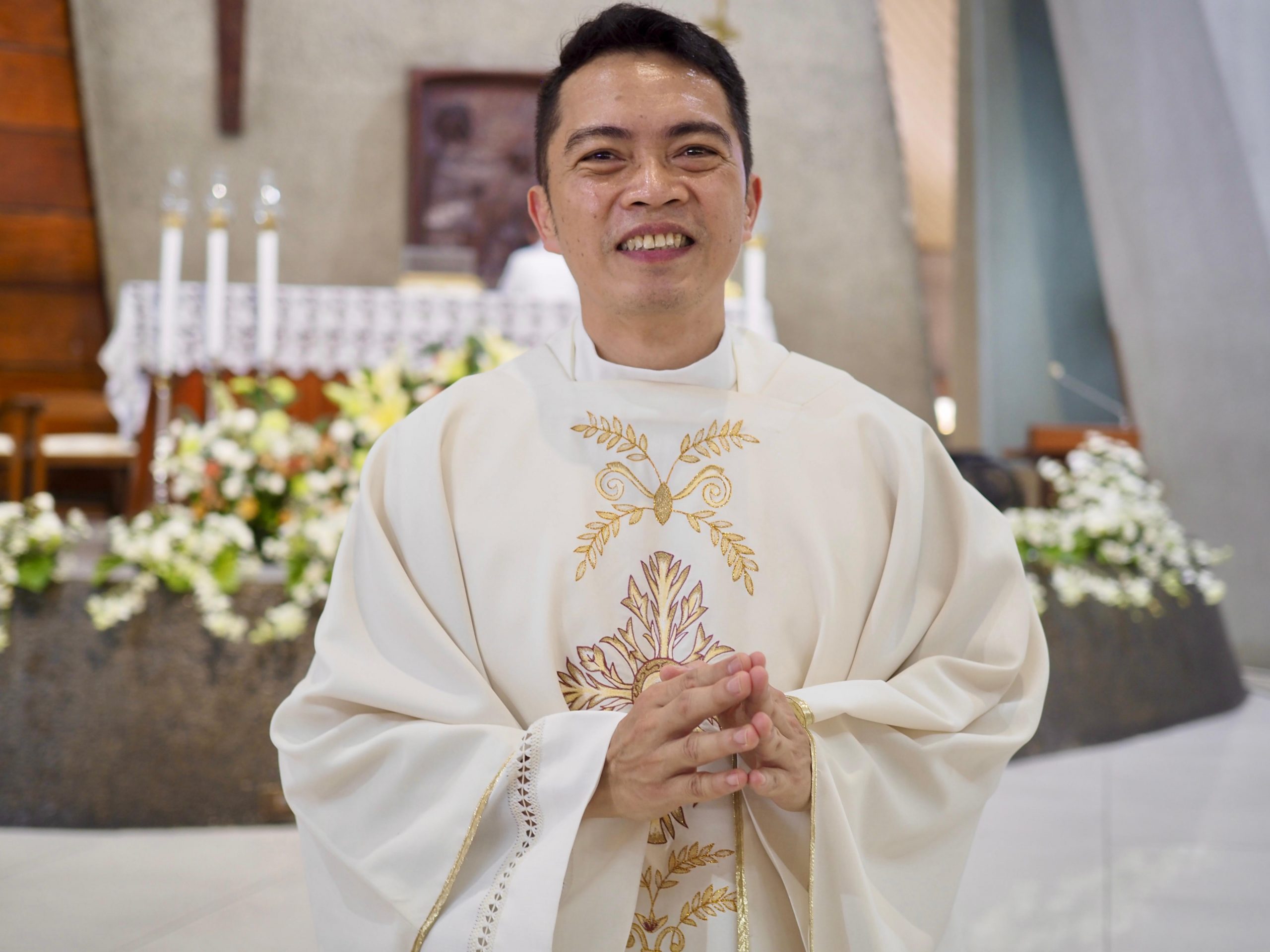O Clarim News Desk (English)
Dear brothers and sisters in Christ,
It has been three years since the beginning of COVID-19, and the Diocese and Macau’s society have worked together through many difficult moments. Recently, many of the quarantine measures have been coming to an end, and there is a sense of hope and joy in the city as a result of reopening and economic recovery. However, the beginning of a widespread infection with the new coronavirus has added a sense of anxiety and nervousness to society.
In this Advent season, let us meditate on the baby Jesus who was born in the manger, that baby Jesus who is lying still and quiet. From the moment he was conceived in the womb of the Virgin Mary, until the moment he was born, it was a time of both joy and uncertainty: the Word of God becoming man and taking on flesh was a joy, but Mary conceiving without Joseph caused so much anxiety; Mary’s pregnancy brought the joy of life, but faced at once the challenge of traveling a long way to Bethlehem to register, eventually having nowhere to stay; the joy of the birth of a baby followed by the suffering of fleeing to Egypt, etc.
Right now we can travel and visit our relatives, but when our neighbors get sick, or when we all get sick, we will face new challenges in society and interpersonal relationships. The answer to this can be found in Pope Francis’ encyclical Fratelli Tutti as he describes Luke’s “Good Samaritan” (Lk 10:25-37). This is a well-known parable from the Gospel, which not only teaches us about the meaning of charity, but also how we can be kind to our neighbor.
Generally speaking, when we reflect on this parable, one of the questions that comes to mind is, “Who is my neighbor?” If we think like this, we inevitably fall into the trap of relativism, as if we make a distinction between others and I, and “who is not my neighbor.” The Pope invites us to reflect, “Which character in the parable do I identify with?” We are often tempted to ignore others. We are used to closing our eyes to things and passing by with indifference, unless they affect us directly, sometimes to the extent that the images of other people’s suffering disturb us since we don’t want to waste time on their problems. Such a society is built on disregard for people’s suffering. (cf. Fratelli Tutti, 64-65)
In the past, we, in Macau, have “watched” the epidemic spread around the world and into neighboring regions from a third-party perspective. Now, we personally experience the contradictory feelings of “opening up” and “contamination,” and begin to experience the need for the practice of “love of neighbor.” “It is my sincere wish that in this age, we recognize the dignity of every human being, and can universally awaken the desire for brotherhood” (ibid., 8).
St. Thomas Aquinas explains how we can experience the love that God accomplishes by His grace. For him love is an action directed toward the other, “the lover sees the beloved as one with himself,” considering him “precious,” esteemed, and “extremely valuable.” (ibid., 93)
Therefore, in the coming months, we should actively promote the spirit of love, assistance and mutual respect in the gradually spreading situation of infection; maintain orderly and hygienic habits; and together support the government’s guidelines on epidemic prevention, while calling on family members and friends who are faced with the disease to pay more attention to the moral and material support their relatives need.
Let us courageously face this one choice every day: to be good Samaritans (ibid., 69). As the Pope concluded: Blessed is the man who loves, “his brother, both when he is far away and when he is near you.” (ibid., 1)
“Blessed are those who love others equally whether they are far away or in front of them. This brotherhood allows us to affirm, appreciate and love each other, regardless of physical distance and geographical boundaries, regardless of each other’s origin or background.”
Finally, let us meditate upon the Gospel, on the manger, on the love of Jesus, and of Mary, Joseph, the angels and the shepherds beside him, that is the joy of Christmas. In this Christmas and New Year, through the love and hope that the birth of our Lord Jesus Christ brings, we hope that the Diocese of Macau, together with Macau society, as well as our neighbors and the rest of the world, will recover economic prosperity, stability and happiness in people’s lives.
I wish you all a Merry Christmas and a Happy New Year.
+ Most Rev Stephen Lee Bun Sang
Bishop – The Catholic Diocese of Macau


 Follow
Follow


